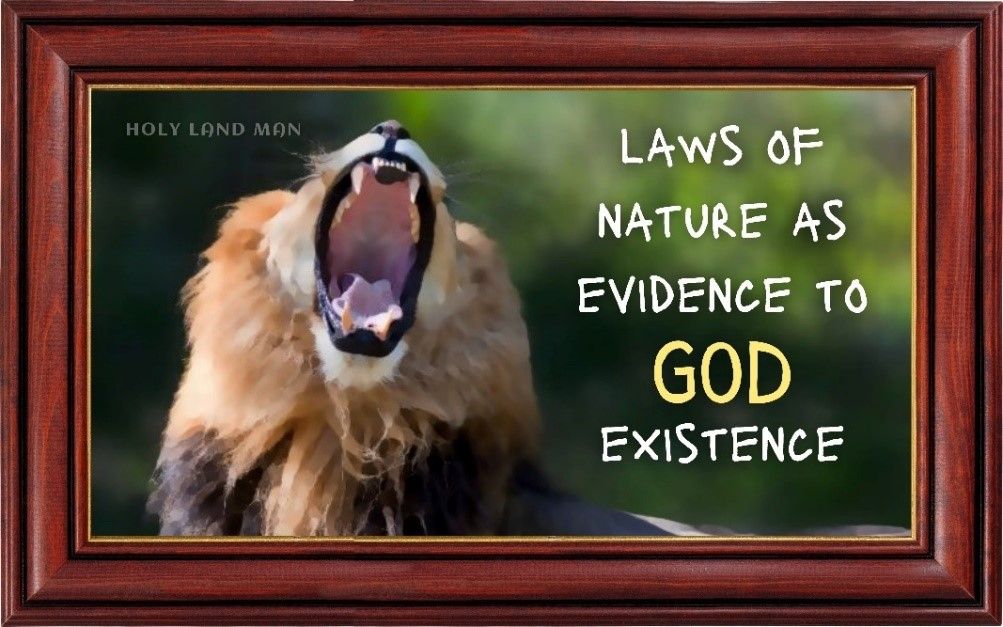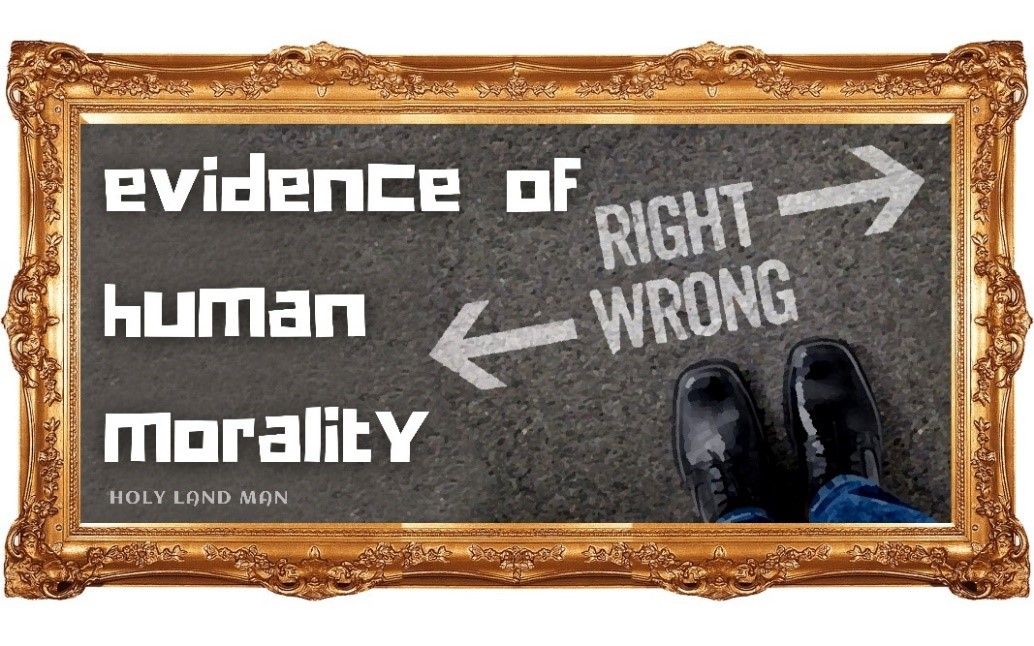Even if none of the evidence for the existence of GOD is absolute proof, its great power stems from its combination together. In fact, they can be seen as a move that indicates a series of unexpected “leaps” or leaps within reality.
The first leap is in vain: the very fact that something exists and nothing does, and that something appeared after it did not exist (the cosmological evidence).
The second leap is from chaos to the laws: the emergence of a permanent law according to which all parts of the universe move (the evidence from the laws of nature).
The third leap is from inanimate to the living: the emergence of living organisms, which constitute the most complex works in the universe (evidence from design and complexity).
The fourth leap is a life for the possessor of consciousness: the emergence of consciousnesses in general, and of human consciousness in particular, capable of understanding the universe (the evidence from consciousness).
The fifth leap is from consciousness to morality: the existence of moral intuitions that indicate the existence of absolute good and evil (the evidence from morality). The sixth leap is from an ordinary experience to an experience of religious revelation.
Atheists assume that all these leaps happened by chance, as a result of no more than the activity of inanimate particles of matter and blind forces of nature: by chance, the universe appeared, and by chance, it has a permanent law, and by chance, life emerged from matter, and by chance, they developed consciousness. But how likely is it that all this happened by chance? It already requires much more blind faith, for there is no evidence that all these things actually happened by chance, neither from experience nor from intuition.







